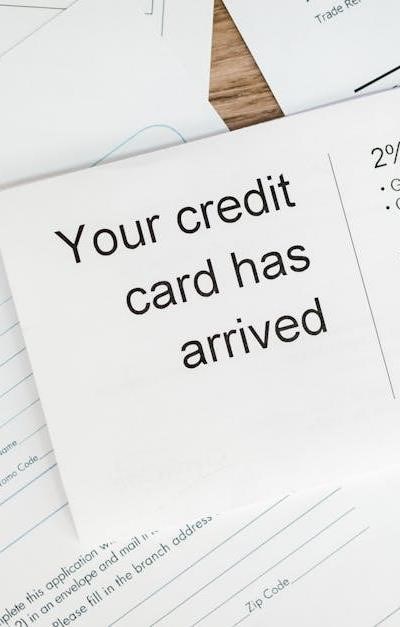
Navigating credit card debt and achieving financial freedom requires a proactive approach and utilizing the right tools. Effective money management isn’t simply about earning; it’s about strategically handling your finances. This article explores various tools and strategies for debt repayment, improving your credit score, and building long-term financial health.
Understanding Your Current Financial Situation
Before diving into solutions, assess your standing. Key metrics include your credit utilization (the amount of credit you’re using versus your total credit limit – aim for under 30%), debt-to-income ratio (monthly debt payments divided by gross monthly income – lower is better), and current interest rates on your debts. Understanding these figures is crucial for effective financial planning.
Tools for Budgeting and Tracking
Budgeting is the cornerstone of personal finance. Several tools can help:
- Budgeting Apps: Numerous budgeting apps (Mint, YNAB – You Need A Budget, PocketGuard) offer features like spending trackers, bill payment reminders, and goal setting. They categorize expenses, visualize spending patterns, and help identify areas for reduction.
- Spreadsheets: A simple spreadsheet can be equally effective. Manually tracking income and expenses provides a detailed understanding of your cash flow.
- Envelope System: A traditional method where you allocate cash to different spending categories.
Strategies for Debt Reduction
Once you have a clear budget, explore these debt relief options:
Debt Consolidation
Debt consolidation involves taking out a new loan to pay off multiple debts. This can simplify payments and potentially lower your APR. However, be mindful of fees and ensure the new loan’s terms are favorable.
Balance Transfer
A balance transfer moves high-interest credit card debt to a card with a lower introductory APR. This can save you significant money on interest, but transfer fees often apply, and the low rate is typically temporary.
Installment Plans
Some credit card issuers offer installment plans, allowing you to pay off a large purchase in fixed monthly installments with a set interest rate. This can be a good option if you prefer predictable payments.
Credit Counseling
Credit counseling agencies (non-profit organizations) provide guidance on debt management, budgeting, and financial literacy; They may also negotiate with creditors to lower interest rates or waive fees. Beware of for-profit companies posing as counselors.
Improving Your Credit Score
A good credit score is vital for accessing favorable loan terms and lower interest rates. Credit repair involves:
- Paying Bills On Time: Payment history is the most significant factor in your credit score.
- Reducing Credit Utilization: Keep your balances low relative to your credit limits.
- Checking Your Credit Report: Regularly review your credit report for errors and dispute any inaccuracies.
Long-Term Financial Planning
Beyond debt reduction, focus on building savings and investing for the future. Prioritize emergency funds and retirement planning. Increasing your financial literacy empowers you to make informed decisions and achieve lasting financial freedom. Remember that consistent money management and disciplined debt repayment are key to a secure financial future.



This article provides a really solid, practical overview of tackling credit card debt. I appreciate that it doesn
A well-structured and informative piece. I particularly liked the inclusion of the